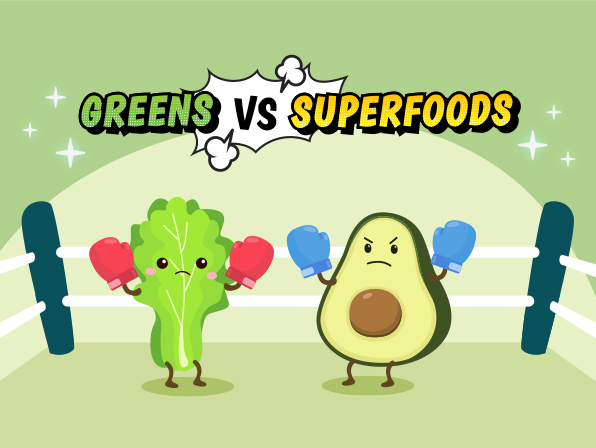DHA (Docosahexaenoic Acid)
DHA (Docosahexaenoic Acid) is an omega-3 fatty acid that is vital for good brain and eye health, especially for fetus and young children at their development stage. DHA is located in cell membrane, making up over 90% of the omega-3 fatty acids in our brain and up to 25% of its total fat content.
The body can produce DHA but in small amount hence it is important to supplement from food diet. Low levels of DHA in brain and eyes may disrupt nerve cell signals, therefore resulting in poor eyesight and brain function. For pregnant mothers, a deficiency is linked to compromised cognitive function (e.g. information processing, memory, attention, and emotion control).
Common food sources include seafood, such as deep sea fish (e.g. mackerel, salmon), shellfish, fish oils and some types of algae. However, some individuals may dislike fish or be allergic to shellfish, thus these foods are not consumed frequently and leads to a lack of DHA. Together with EPA, it has anti-inflammatory effect.
Stay Inspired with Health Trends

8 Tips For Building Mental Resilience In Your Child

7 Amazing Facts About Women

How Burned Out Are You?

Dozing off at Work? 😴

Managing Diabetes with Weight Loss: A World Diabetes Day Focus

Ate And Left No Crumbs: 6 Simple Weight Loss Tips

Break Free from Weak Bones

Small Bite, Big Threat: Fight Dengue with Confidence

Count Celebrations, Not Calories This Mid-Autumn Festival!

From Fat Burning to Detox: 5 Benefits of Apple Cider Vinegar

Cracking The Food Coma Code

Keep Cool and Carry On!
In Singapore, the National Climate Change study predicts that the daily average temperature may rise to a sweltering 36.7 Degrees Celsius by the end of the century1

Give Your Brain A Good Headstart!

Greens Vs Superfoods

How Much Is Too Much Salt?

Maximise Your Workout

FREE RADICALS – YOUR INVISIBLE ENEMY
